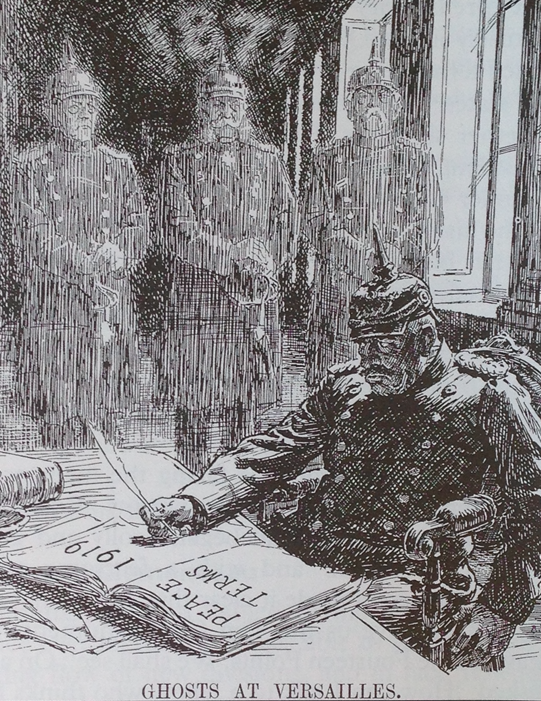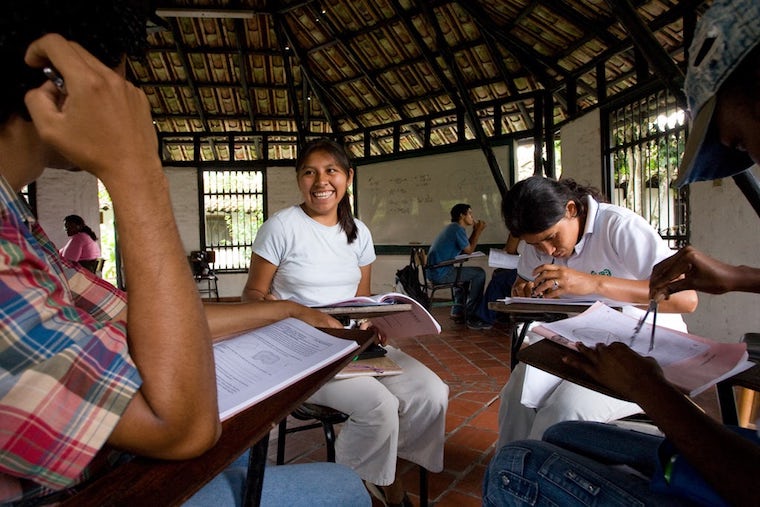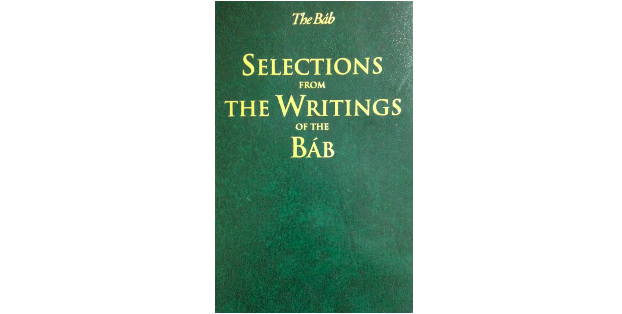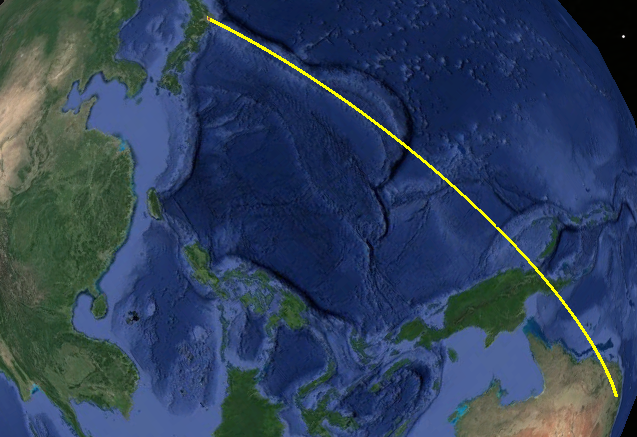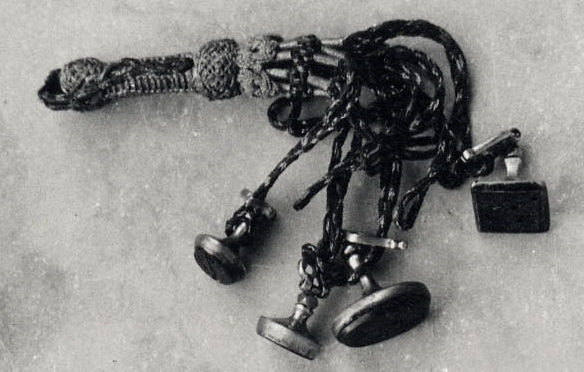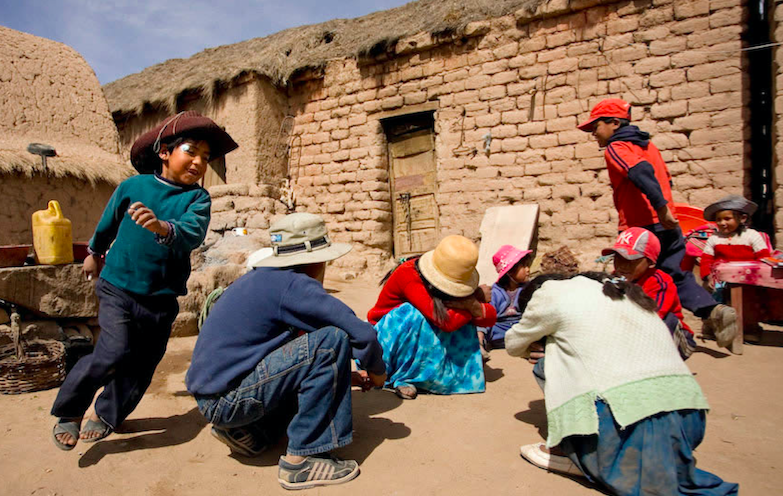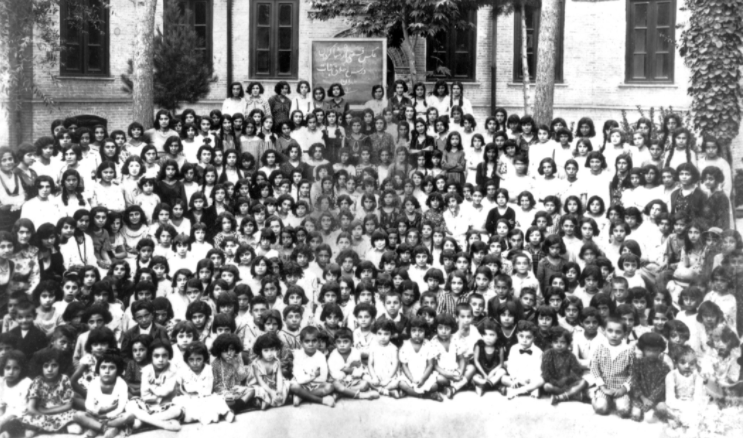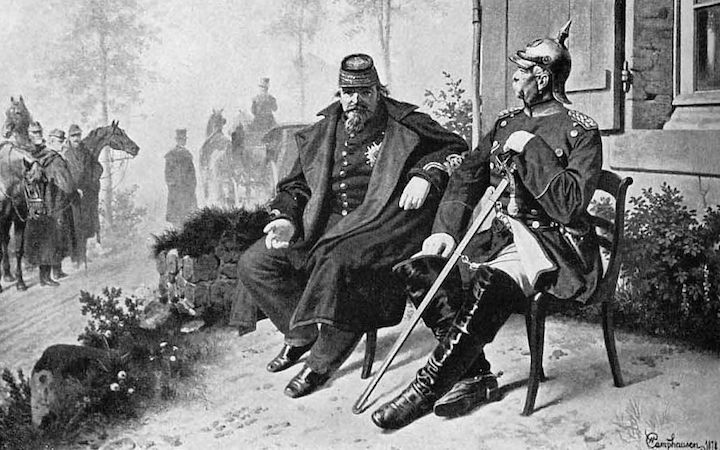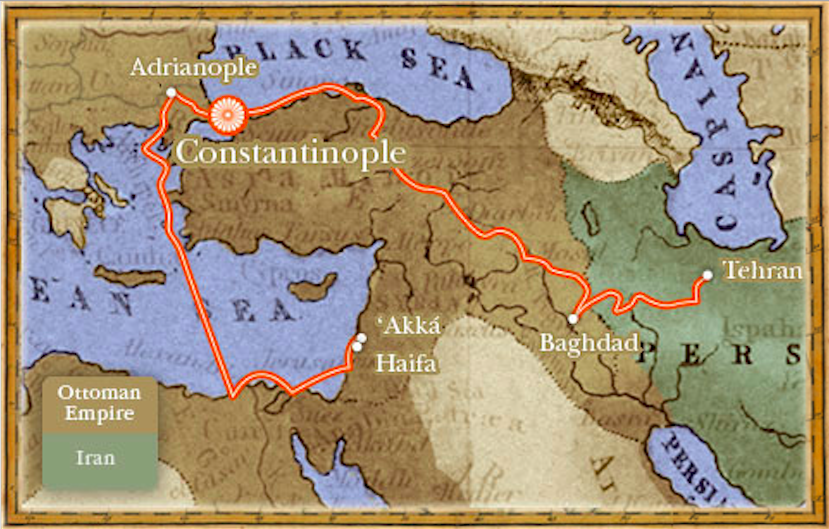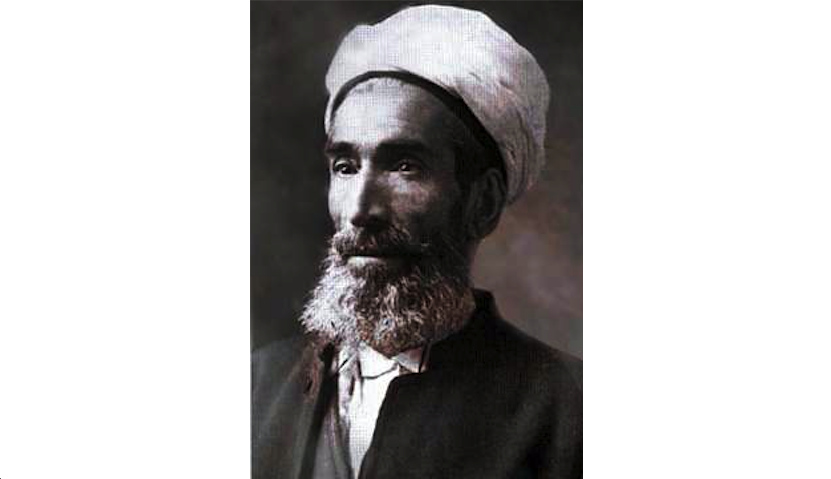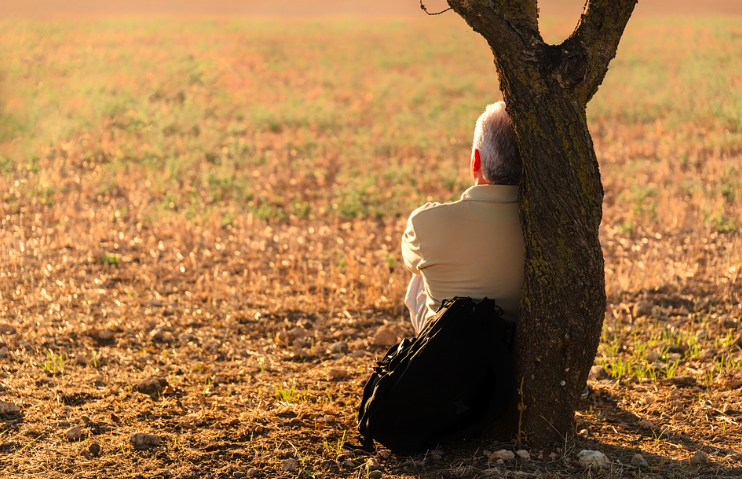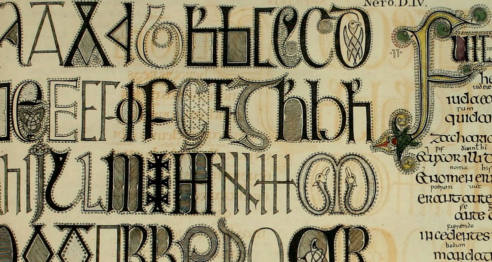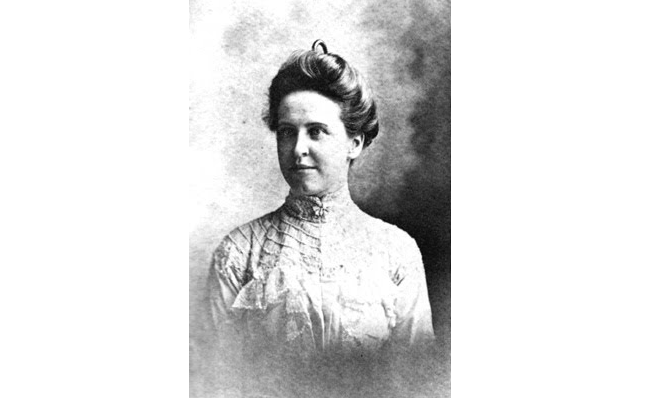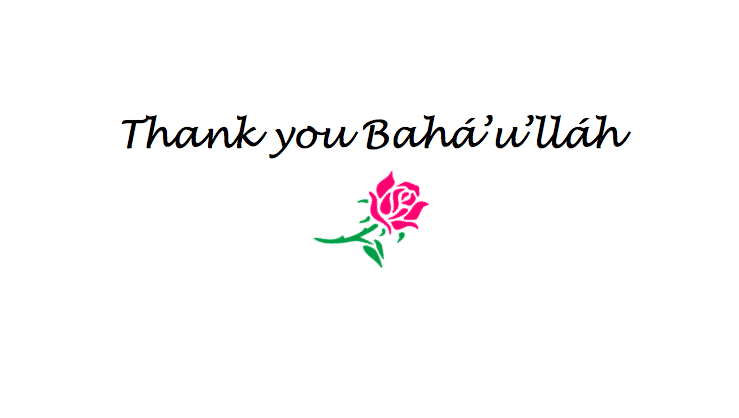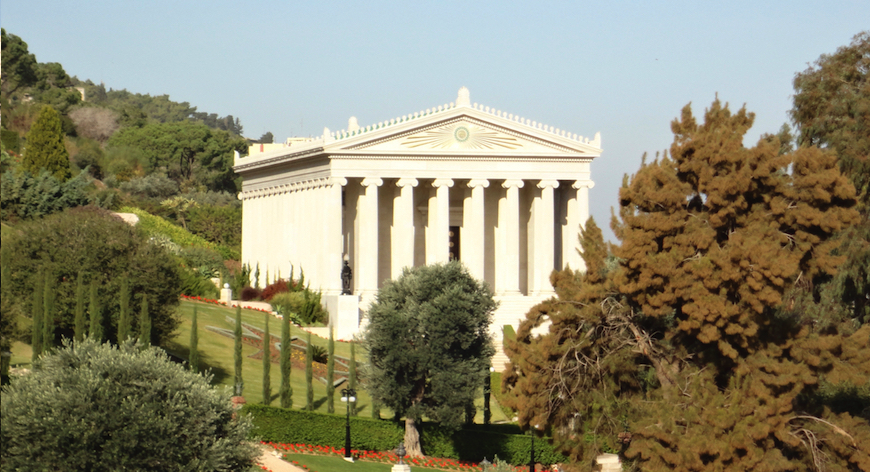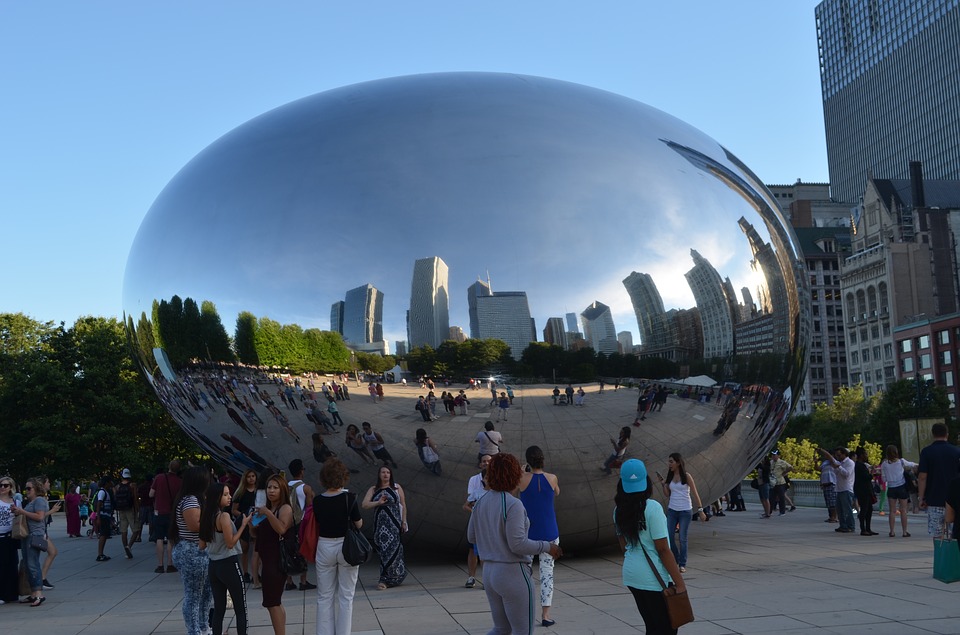Specific Teachings
-
Prophet and Seer
Is it possible to see the future? All of us can predict the future to a small degree, simply on the basis of past experience. Yet the idea that someone could see events far into the future raises scepticism. It is outside our common experience. Some of us have subjective experiences of deja vu (a feeling we have seen some event before) or dreams which we see realised sometime in the future. Bahá’u’lláh writes of this phenomenon. Behold how the dream thou hast dreamed is, after the lapse of many years, reenacted before thine eyes. Consider how strange is the mystery of the world that appeareth to thee in thy dream.[1] An instance…
-
As Mild As Milk – The Human Power of Speech
We live in a time where increasingly shouting down those who think differently than we do is the “normal” of public discourse. Words are bludgeons to be used to subdue and humiliate an opponent or win an argument. Truth is distorted or disregarded. Listening plays a marginal role in this verbal warfare, and the polarisation of society and heightened potential for conflict are frequent outcomes. Yet the power of speech (with its full implications of complexity, abstraction and grammar) is, as far as we know, a distinguishing characteristic of human beings. The tongue, Bahá’u’lláh, warns is a “smouldering fire” consuming “heart and soul”, “the effects of which last a century”.[1] It is…
-
Human Nature: What Does It Mean to Be Human?
What does it mean to be human? We rarely think about it. Yet implicitly and explicitly our actions are based on assumptions or beliefs about human nature. Are human beings essentially selfish? Are we essentially material beings – animals with enhanced intelligence? Are we defined primarily by our material characteristics, such as our nationality or our gender or age? What, for example, are models of human nature embedded in our legal system? How does society implicitly and explicitly define us? The language we speak, our cultural context, the day to day behaviours we engage in – all are profoundly influenced by ideas about human nature. In an age of media saturation…
-
Against Religious Fanaticism and Hatred
Bahá’u’lláh condemned religious fanaticism and hatred, perhaps most strikingly in the following passage: Religious fanaticism and hatred are a world-devouring fire, whose violence none can quench. The Hand of Divine power can, alone, deliver mankind from this desolating affliction.[1] I admit that when I first read this passage sometime in the late 1980s or early 1990s, I found it difficult to visualise how religious fanaticism could be a “world-devouring fire”. At the time, religious fanaticism did not seem likely to threaten the world; surely (I thought) it was largely a thing of the past. Tragically the truth of Bahá’u’lláh’s words are all too evident in the 21st century. It is not the only occasion that…
-
No Human Being is Unclean
Bahá’u’lláh abolishes the concept of “uncleanness”. In different cultures, at different times, human beings and things have been held to be “unclean” – in the specific case of religion, “ritually unclean”. In 1873, Bahá’u’lláh wrote: God hath … abolished the concept of “uncleanness,” whereby divers things and peoples have been held to be impure.… Verily, all created things were immersed in the sea of purification when, on that first day of Riḍván, We shed upon the whole of creation the splendors of Our most excellent Names and Our most exalted Attributes.[1] Bahá’u’lláh’s purpose in doing so is suggested in the words that follow shortly after: Consort ye then with the followers of all…
-
Bahá’u’lláh’s Love
Rarely does the historical record show us the fullness of Bahá’u’lláh’s human experience. An exception is a moment of love between Bahá’u’lláh and his son, captured in the recollections of Bahiyyih Khanum (Bahá’u’lláh’s daughter). More of that story below. Love is a recurrent theme in Bahá’u’lláh’s writings. Love of the divine, of creation, of humanity. An example is the story of the two lovers Majnun and Layli. The story is an ancient one retold many times, often used to convey love of the divine. In Bahá’u’lláh’s telling Majnun is seeking Layli. It is related that one day they came upon Majnún sifting the dust, and his tears flowing down. They said, “What doest…
-
Troubled Times
It won’t have escaped your attention that we live in troubled times. The sense of uncertainty and unease is palpable even for those of us lucky enough to live at a distance from the world’s conflict zones. The world is suffering and we all know it. Every few days a new shock, a new event seems to edge us closer to even worse disaster. All the while human beings are suffering. We feel moved to respond in some way, but we often feel powerless. Increasingly human beings, communities and institutions are being driven apart. It can be easy to become disheartened, to conclude (as many have done) that human beings are…
